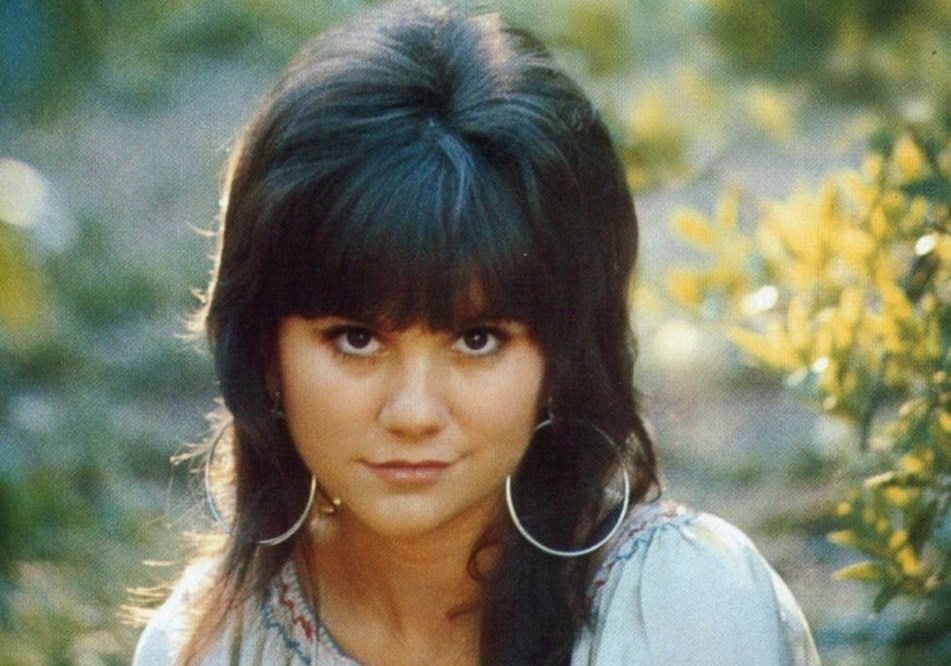
Introduction
It didn’t just climb the charts. It shook the ground beneath them. When Linda Ronstadt unleashed Different Drum upon the world in 1967 with the Stone Poneys, she wasn’t just singing another folk-rock tune—she was detonating a bomb in the middle of America’s love affair with cookie-cutter pop.
This was a woman’s voice refusing to play by the rules. In an era when female singers were expected to sigh about heartbreak, sacrifice, and staying loyal no matter the cost, Ronstadt did the unthinkable: she told the man to take a hike. “I ain’t saying you ain’t pretty, all I’m saying’s I’m not ready…”—those words weren’t just lyrics. They were a declaration of war against an entire generation’s expectations of women.
The shock was immediate. Radio stations didn’t know whether to embrace it or run from it. Fans were divided—some called it too bold, too cold, too unromantic. But others—especially young women—heard it for what it truly was: a revolution in three minutes and change.
Behind the scenes, even songwriter Mike Nesmith of The Monkees had no idea his tune would become an anthem once it was in Ronstadt’s hands. Sung by her, it wasn’t just a clever piece of folk-rock craftsmanship. It became raw power, carried by a voice so commanding it could silence a crowd in seconds.
And here’s the real shock: Different Drum didn’t just make Linda Ronstadt a star. It rewired the entire DNA of popular music. It gave women permission to sing with defiance instead of submission, to own desire and independence without apology. Every boundary-breaking female artist who came after—Stevie Nicks, Chrissie Hynde, Joan Jett—owes a debt to this single track.
Half a century later, the song still sounds dangerous. Still sounds radical. Still sounds like it could topple an empire of clichés with a single verse.
Because Different Drum wasn’t just music. It was a weapon. And Linda Ronstadt pulled the trigger.